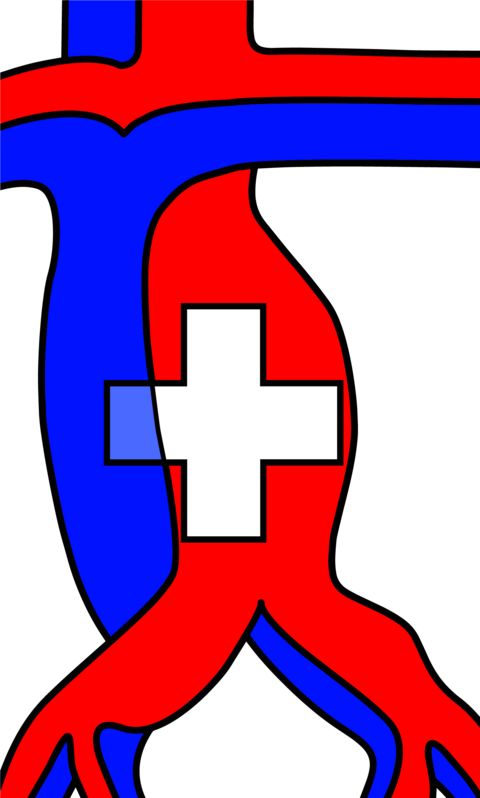Morbus Hirschsprung
Hirschsprung`s disease is a multigenetic intestinal disorder characterized by a variable length of distal colonic aganglionosis. The exact cause is unknown but proposed pathological mechanisms are processes of the enteric neural crest-derived cell development and include faulty proliferation, insufficient cephocaudal migration, differentiation, and survival [1]. The consequences are continuous contraction and lack of peristalsis leading to functional intestinal obstruction at the terminal migratory site of ganglion cells [2]. Although Hirschsprung`s disease can affect any length from the internal anal sphincter to the entire large bowel the incidence is approximately 1 in 5000 births, with a male predominance of 4:1 in rectosigmoid Hirschsprung`s disease [3].








